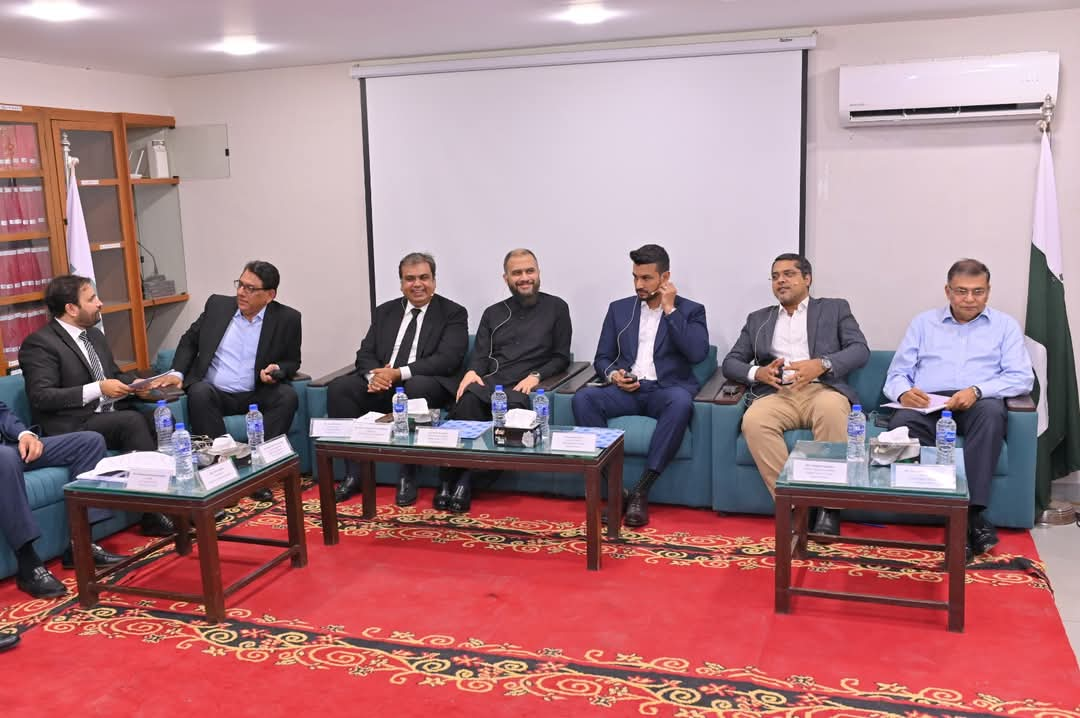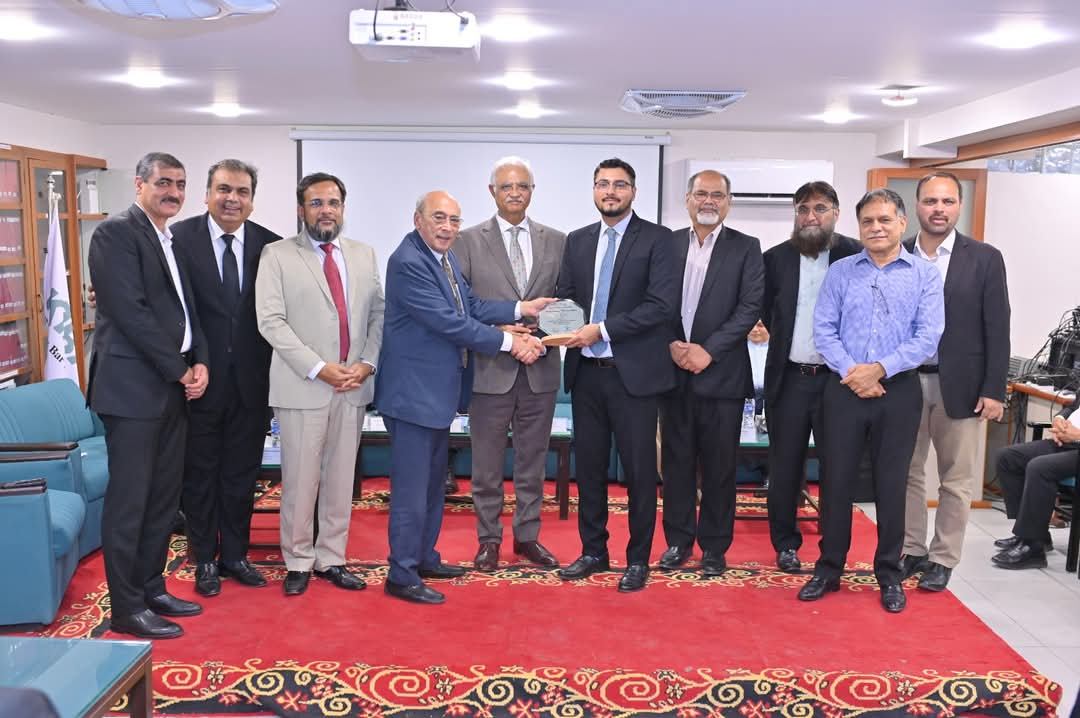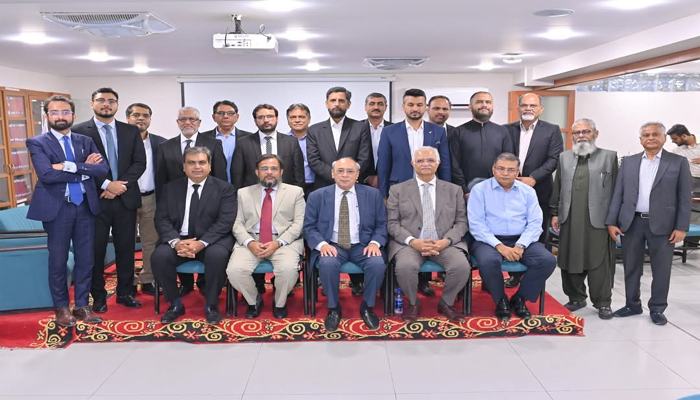KARACHI: The Karachi Tax Bar Association (KTBA) held a comprehensive seminar on Thursday to shed light on “E-invoicing and Significant Changes in Sales Tax Return Form,” as Pakistan’s tax landscape undergoes a major digital transformation.
Held at the KTBA Bar Chambers, the event came at a critical juncture, just days ahead of the Federal Board of Revenue’s (FBR) mandatory deadline for e-invoicing integration — June 1, 2025 for corporate taxpayers and July 1, 2025 for non-corporate entities — as outlined in SRO 709(I)/2025. The seminar attracted a large audience of tax professionals, chartered accountants, corporate representatives, and legal experts.

A panel discussion was the highlight of the event, featuring experts from the four FBR-approved Licensed Integrators: Haball Pvt. Ltd., EY Pakistan, Pakistan Revenue Automation (PRAL), and Webdna Works. Distinguished speakers included Mr. Muhammad Usman Farooq, Senior Manager Tax at KPMG Taseer Hadi & Co.; Mr. Muhammad Zeshan Merchant, Proprietor of M.M Merchant & Company; Mr. Saud ul Hassan, Director Tax at EY Ford Rhodes; and Mr. Muhammad Mehmood Bikiya, Partner at A.F. Ferguson & Co., who moderated the session.
The speakers offered technical insights on system integration, regulatory compliance, and the operational implications for businesses. The session also addressed concerns regarding internet connectivity, ERP system compatibility, and data privacy. They emphasized that integration not only fulfills legal requirements but also enables automatic validation of invoices, faster input tax credits, and enhanced transparency in business transactions.

In addition to the e-invoicing component, the seminar covered the latest modifications to the Sales Tax Return forms. This included guidance on Annexures C1, H1, and J, which have been revised to align with the e-invoicing framework and enable automated population of sales data. Experts walked attendees through form changes and compliance strategies, ensuring that professionals are well-prepared to navigate the evolving reporting requirements.
“The seminar is a timely initiative, especially as we approach the integration deadlines,” said a KTBA representative. “It is crucial for professionals to stay informed and ensure seamless compliance to avoid potential penalties.”
The FBR’s broader vision includes transitioning toward a fully digitized VAT regime, with real-time CNIC validation, point-of-sale (POS) data integration, and centralized monitoring. The shift is part of a strategic move to curb tax evasion, promote fair competition, and improve public services through technology-driven governance.
Participants appreciated the KTBA’s initiative, noting the event’s practical relevance and the opportunity to engage directly with solution providers. As Pakistan advances in its digital taxation journey, seminars like this one serve as vital platforms for awareness, collaboration, and capacity building.
With e-invoicing now an imminent reality, the KTBA’s seminar underscores the importance of readiness — not just for legal compliance, but for contributing to a modern, accountable, and transparent tax system.









